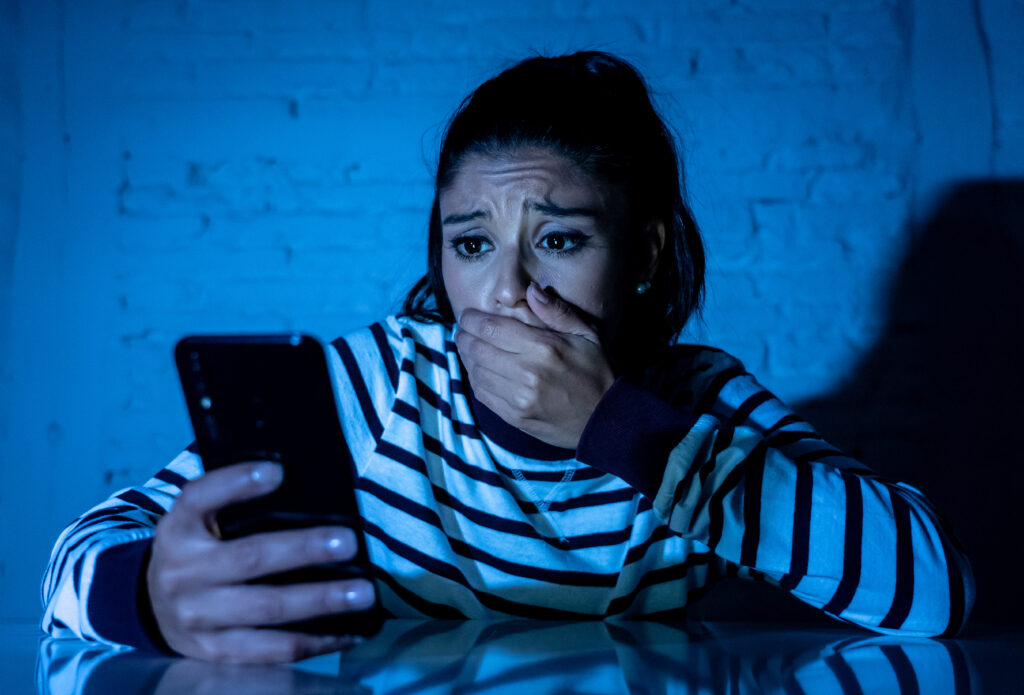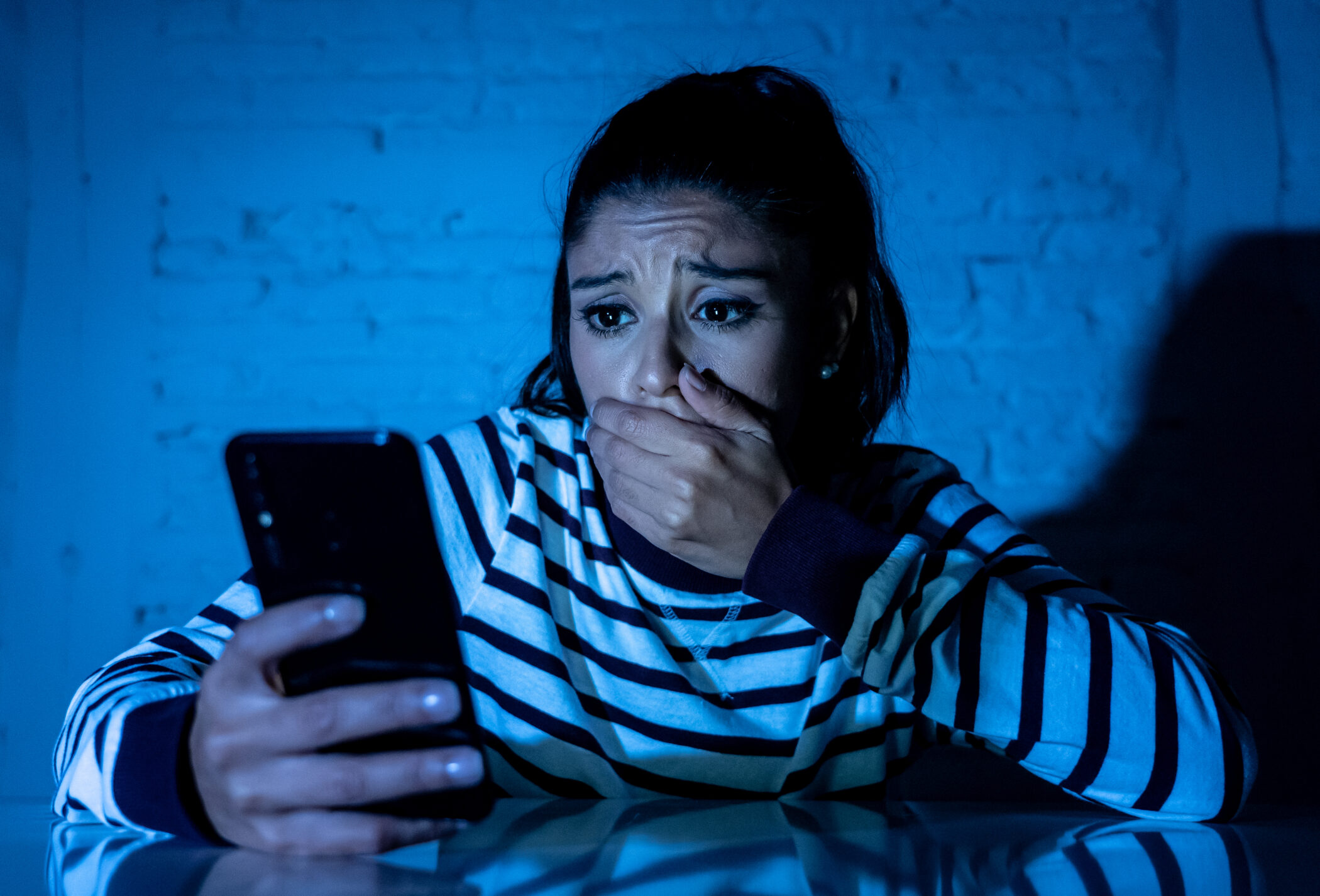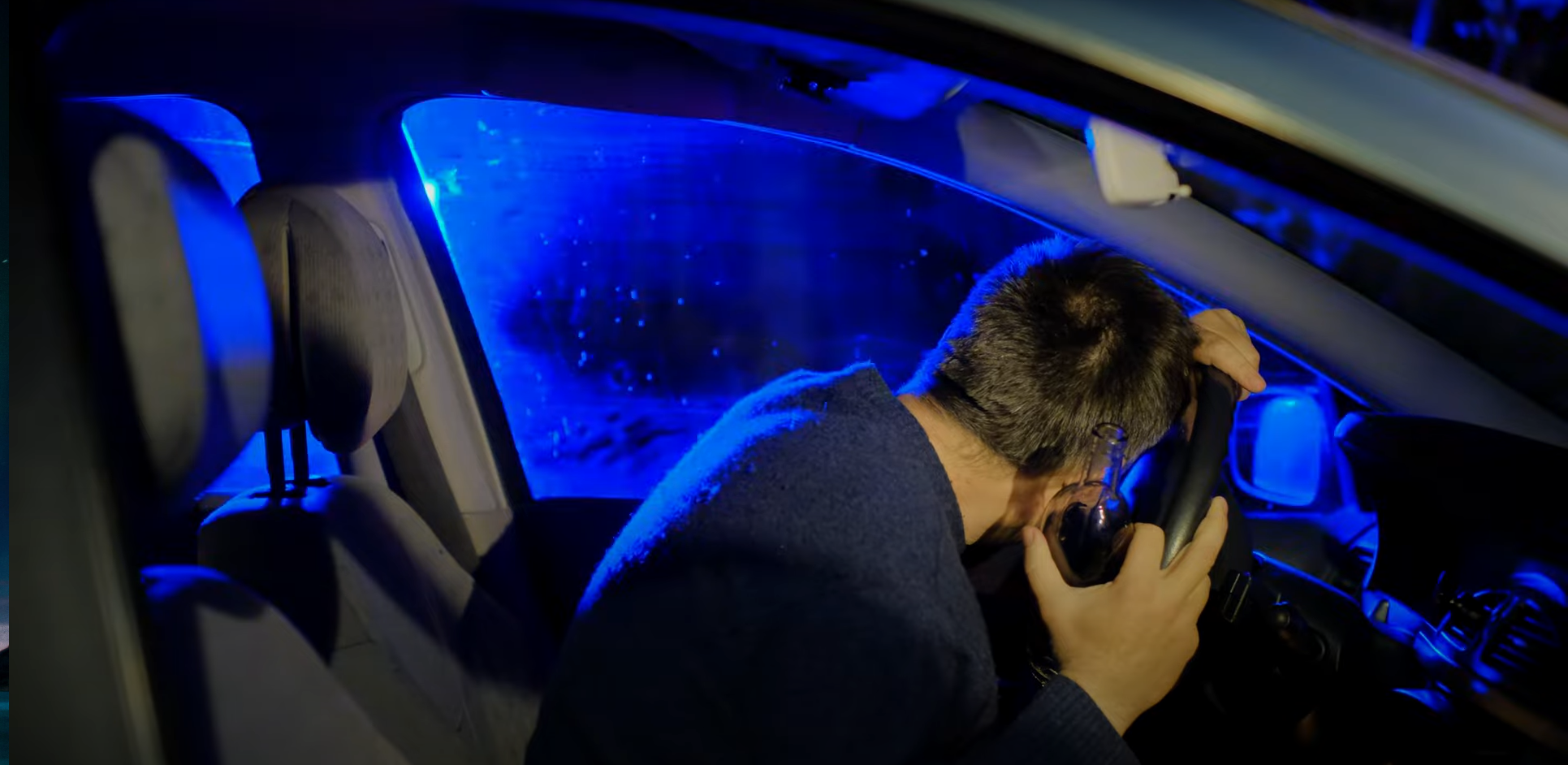- The legal consequences of public indecency can vary widely depending on the circumstances
- If minors are involved, penalties may require registering as a sex offender
- Digital platforms must balance public decency with respect for personal freedoms
Public indecency laws in Texas are extremely strict.
Since they are intended to protect people from unwanted exposure to lewd and lascivious conduct, violations are punishable by fines and even imprisonment. A conviction can also cause long-term damage to your reputation in the community and may even require you to register as a sex offender.
However, not all acts of public indecency are intentional. This article reviews the various offenses that are considered public indecency in Texas.
What Counts as Public Indecency in Texas?
If you’re facing a public indecency charge (or just trying to understand what the law says), it helps to know what exactly qualifies and what the penalties look like.
Indecent Exposure
In Texas, indecent exposure usually means intentionally showing your genitals or backside in a way that’s intended to arouse or gratify sexual desire. It doesn’t matter whether you meant for anyone to see it — if there’s a chance someone could be offended or alarmed, it can still count.
Here are some examples:
- Flashing someone in a public park
- Exposing yourself during a drunken outburst
- Engaging in a sexual act somewhere others might see
A first offense is a Class B misdemeanor, which could lead to up to 180 days in jail and a $2,000 fine.
A second offense bumps it to a Class A misdemeanor, with penalties of up to a year in jail and a $4,000 fine.
Repeat offenders are required to register as sex offenders for a minimum of 10 years. This is where the consequences get really serious. Sex offender registration can affect where you live, where you work, and how the community sees you.
The bottom line? A charge like this might seem minor at first, but it can follow you for a decade or more.
Lewd Conduct
In Texas, lewd conduct is addressed under two sections of the penal code: public lewdness and disorderly conduct. Section 21.07 defines public lewdness as having sex in public, exposing genitals to arouse or gratify sexual desire, or committing acts of bestiality. Section 42.01 covers disorderly conduct, which includes exposing one’s genitals or performing obscene gestures in public.
Examples include:
- Two individuals engage in sexual acts inside a car parked in a public parking lot, making them visible to people passing by
- A person gropes another passenger without their consent on a crowded bus
- An individual masturbates in a public movie theater while watching a film, intending to be seen by others
These acts must occur in a public place or be visible from a public location to be considered lewd conduct.
Public lewdness is a Class A misdemeanor, potentially resulting in fines up to $4,000 and up to one year in jail.
Disorderly conduct, by contrast, is a Class C misdemeanor with fines up to $500.
When lewd conduct involves a minor, the charges are more severe, possibly leading to felony charges, significant fines, lengthy jail sentences, and mandatory sex offender registration.
Obscene Displays
Obscene displays typically refer to recklessly showing or distributing offensive materials in a manner that disregards how others might react.
Content restricted by obscenity laws includes, but may not be limited to, drawings, photos, and videos that appeal to “prurient interest.”
Examples of such activity include:
- Handing out sexually explicit flyers to passersby in a public square
,without considering if they might find it offensive - Projecting pornographic images onto a building’s exterior wall facing a public street
- Wearing clothing with explicit and offensive images or messages in a family-oriented public park
Obscenity is not protected by First Amendment rights to free speech. It is a Class C misdemeanor punishable by a fine of up to $500.
Texas Cases and Precedents
In recent years, there have been several reports of individuals across Texas being arrested for acts of public indecency. Below are some examples:
- In November 2023, Humberto De La Cruz was arrested and charged with indecency with a child by contact as well as indecent exposure. The incidents occurred at a fast-food restaurant where De La Cruz, who was the teenage girl’s supervisor, allegedly removed the teen’s clothing and exposed himself.
- In September 2023, former Houston Police Department officer William McCoy was charged with multiple counts of indecent exposure, including a felony charge involving a minor. McCoy allegedly exposed himself to two women on separate occasions, with one incident reportedly occurring while his young son was present.
- In September 2023, Michael Spiller faced two felony counts of indecency with a child related to allegations from 2001 and 2002. He was accused of exposing himself to young girls during car trips associated with a gymnastics camp in Boerne.
These cases show the variety of circumstances under which public indecency charges can arise, the serious nature of the allegations, and the lasting impact these charges can have on individuals and communities.
Penalties and Consequences
In Texas, the legal consequences for public indecency can vary significantly based on the specifics of the offense and the offender’s history.
Here are some potential penalties:
- Fines: Offenses such as indecent exposure typically result in fines. For a Class B misdemeanor, which is often the charge for a first-time indecent exposure, fines can go up to $2,000.
- Imprisonment: The same offense can carry a jail sentence of up to 180 days. More serious or repeated offenses could escalate to Class A misdemeanors and potentially result in up to one year in jail.
- Sex offender registration: In cases involving repeat offenses or when minors are involved, individuals may be required to register as sex offenders. This registration has long-term social and legal implications affecting employment, housing, and more.
Beyond criminal penalties, a public indecency charge can also cause social stigma, which can affect personal relationships and your standing in the community.

Public Indecency and Digital Platforms
Widespread use of digital platforms is blurring the line between public and private spaces. Behaviors that once took place in clearly defined physical spaces can now happen online, and that’s raising new legal questions. For example, something shared on social media might seem private at first, but it can quickly go viral, turning a personal moment into a very public one.
It’s a shift that’s making things tricky for law enforcement. If something happens online, is it really happening in “public” just because people can see it through a screen? That question alone is enough to throw a wrench into how public indecency laws are applied.
Because of this, states are being pushed to rethink and update their laws to protect public decency without stepping on our freedoms. One thing’s for sure — these laws will need to continue to evolve.




